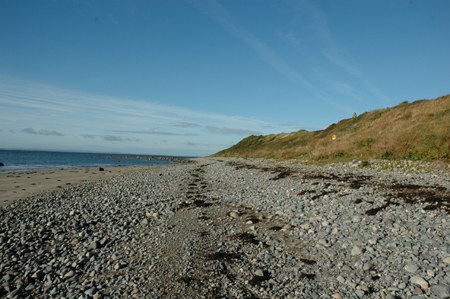I was seventeen in 1972 when news of the disappearance of a Belfast mother of ten was reported. Not much older than that woman’s daughter Helen, I watched the footage of those frightened children huddled together in a cold, bare room, terrified and anxious, and alone at Christmas and a connection somehow was made. My family were Irish, a generation back: my mother Protestant, my father Catholic, their five children brought up in the relative safety of Manchester. There but for geography, you might say.
Throughout the Seventies, Eighties and Nineties, news of the Troubles (that term!) reached us in England. And the violence touched us too – the Warrington bomb only 8 miles down the road from us; the Manchester bomb 10 miles the other way. Bobby Sands’ election and death – the old rebel songs – my father’s sentimental songs of the old country…. I watched the news, willed peace to come.
And it came, sort of. In 1999, after the Good Friday Agreement, the Provisional IRA admitted they’d executed Jean McConville (they said she was an informer: the Ombudsman’s report refuted that claim) and identified a site, Templetown Beach, Co Louth, as the place her body was buried.
I wrote a poem, Groundwork, about the dig for Jean’s bones. It won a small cash prize, and I rang Helen (now McKendry) who was trying to raise money to keep the (unsuccessful) dig going. I sent her the money and she asked me to send her a copy of the poem. We kept in touch.
It was a couple of years later, and on a different beach a mile further round the Cooley Peninsular, that Jean McConville’s remains were finally discovered. I ordered white roses to be sent to Helen, for herself and for her mother. The next day the florist rang to say they’d had difficulty delivering the flowers as, after the discovery of her mother’s remains, Helen had had a heart attack and was in hospital.
But she recovered, and in 2008 when I knew that the story would not leave me alone, I wrote to Helen and asked if she’d mind me trying to write a play about her mother’s story. The following day, her husband Seamus rang me and said, yes, that they’d be ok with that. I booked a flight, hired a car, and drove to see them.

I wanted the play to be, not just truthful but in a way, beautiful. To tell Jean’s story, yes, and of those who fought that terrible war while the people tried their best to get on with living through it. I wanted the play to be a tribute to Jean, who was feisty and funny and who loved a man and wanted only to be left to bring up her kids in peace and have a game of Bingo now and again. And for it to be a gift for Helen, a woman who is brave, stubborn, tenacious and, yes, damaged, but who is, above all and against the odds, gracious.